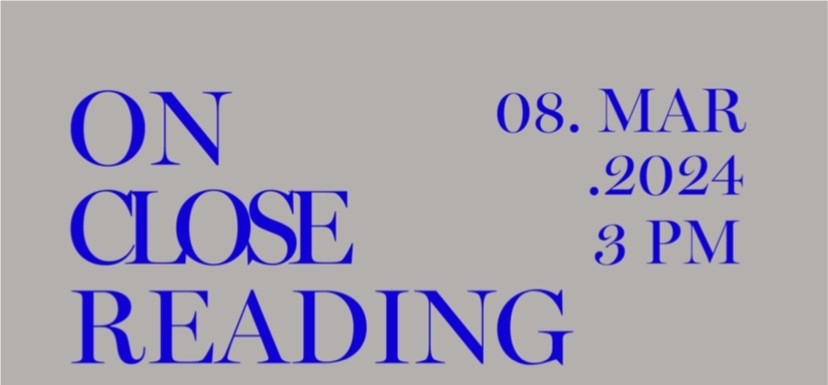Date & time
3 p.m. – 5 p.m.
John Guillory (New York University)
This event is free.
Department of English
Engineering, Computer Science and Visual Arts Integrated Complex
1515 St. Catherine W.
Room 1.615
Yes - See details

The past two decades have seen a burgeoning commentary on the subject of “close reading,” now widely regarded as the core practice of literary study. In the previous decades—from the later 1960s to the first years of the new century—close reading was seldom remarked, or dismissed as a formalist practice incompatible with the new historicist paradigm.
In this lecture, I take a step back from recent developments to consider the long history of close reading. I aim to solve two large puzzles in this history:
These two puzzles are intertwined. The premise of my argument is that the literary critics of the interwar period—both the representatives of “practical criticism” and the American New Critics—were not aiming at first to devise a method of reading at all.Following the lead of T.S. Eliot, these critics were most urgently concerned to establish the judgment of literature on more rigorous grounds than previously obtained in criticism.
In the course of forming a conception of literature that would function as the basis for judgment, they developed a corollary technique of reading that confirmed the value of the literary work of art in an environment of new media and mass forms of writing. I read close reading as a specialization of reading as a cultural technique, a particular kind of methodical procedure that can be described but not proscribed, and that is transmitted largely by demonstration and imitation.
© Concordia University